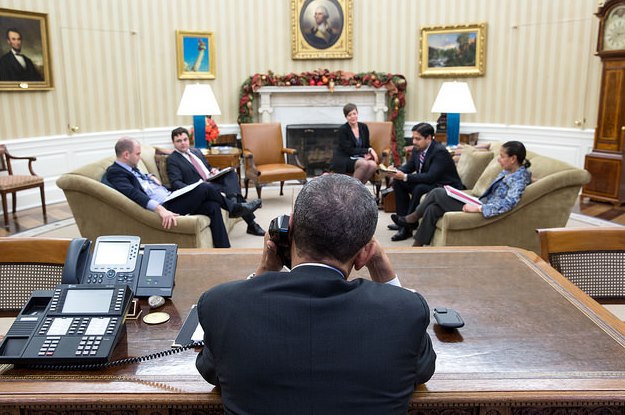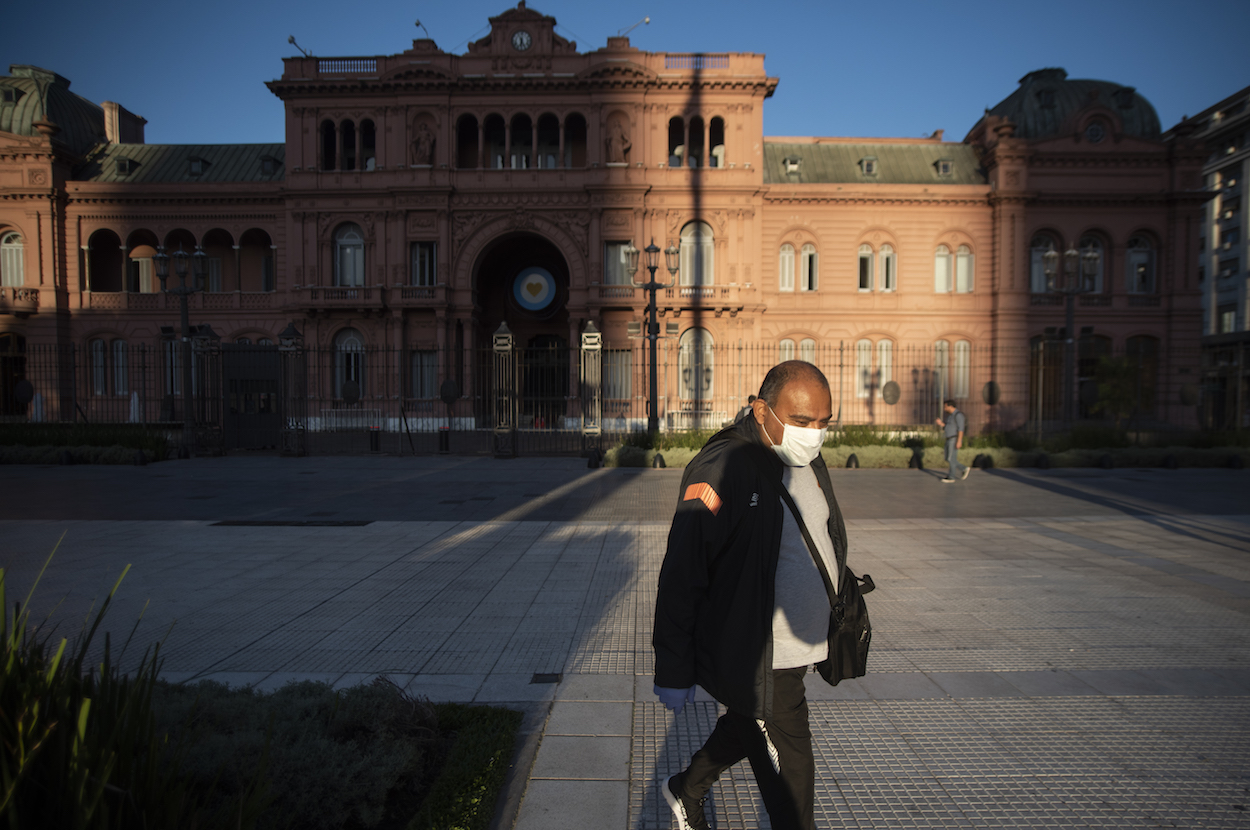Sign up here to get This Week in Latin America delivered straight to your inbox every Monday.
Cuba Groundwork: A flurry of deals is expected ahead of President Barack Obama’s historic visit to Cuba from March 21 to 22. Obama is expected this Thursday to announce measures to ease travel and trade that would loosen banking rules, revise regulations on usage of the dollar and facilitate U.S. visits to the island. U.S. businesses are seeking to capitalize on thawing diplomatic relations as well: AT&T, Starwood Hotels and Resorts Worldwide, and Marriott International are all working to close deals before Obama touches down in Havana. Major League Baseball is tying off details for a March 22 exhibition game between Cuba’s national team and the Tampa Bay Rays.
Brazil Protests: Supporters of Brazilian President Dilma Rousseff and her Workers’ Party (PT) are planning demonstrations for this Friday in response to anti-government rallies over the weekend that attracted as many as 3.6 million people nationwide. In São Paulo alone, between 450,000 and 1.4 million people amassed Sunday to call for Rousseff’s ouster. The standoff comes as a major corruption investigation drew closer to Rousseff in recent weeks, with police seeking the arrest of her mentor and predecessor Luíz Inácio Lula da Silva. In Congress, Rousseff’s main coalition partner, the Brazilian Democratic Movement Party (PMDB), announced Saturday that it would wait 30 days to decide whether to break with the PT and join efforts to unseat her.
Energy Crisis in Colombia: Colombian officials are pushing consumers to reduce electricity use in an effort to ward off blackouts and rationing. President Juan Manuel Santos has called for a 5 percent across-the-board cut in electricity consumption, as prolonged drought conditions brought on by El Niño and a fire in February at one of the country’s largest hydroelectric plants have severely reduced generating capacity. Former Minister for Energy and Mines Tomás González resigned last week for his perceived failure to respond effectively to the crisis. Despite being named this month as one of the world’s top 10 energy performers by the World Economic Forum, Colombia has been forced to import around 7GWh of electricity per day from Ecuador in response to the shortage.
Mexico’s Ley 3de3: Civil society leaders in Mexico can now send a lauded anti-corruption proposal to Congress after announcing late Sunday that they had garnered the 120,000 signatures necessary to submit their “citizen’s initiative” for consideration. The proposal, known colloquially as Ley 3de3, would regulate the National Anti-Corruption System (SNA), which was approved by Mexico’s Congress last year. The measure would, among other things, set clear penalties for corruption violations and force legislators to disclose tax information and possible financial conflicts of interest. Congress must now debate the measure as part of a 2012 law allowing citizens to submit legislation with popular support.
Economy in Brief
Peru’s currency, the sol, rose by 2.1 percent on Friday, its biggest one-day jump since May 2009.
The government in Argentina announced plans to subsidize oil exports while crude prices remain below $47.50 per barrel.
Chile’s salmon industry could lose 20 percent of its output this year to an invasive algae bloom.








